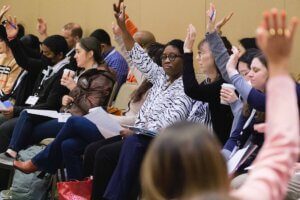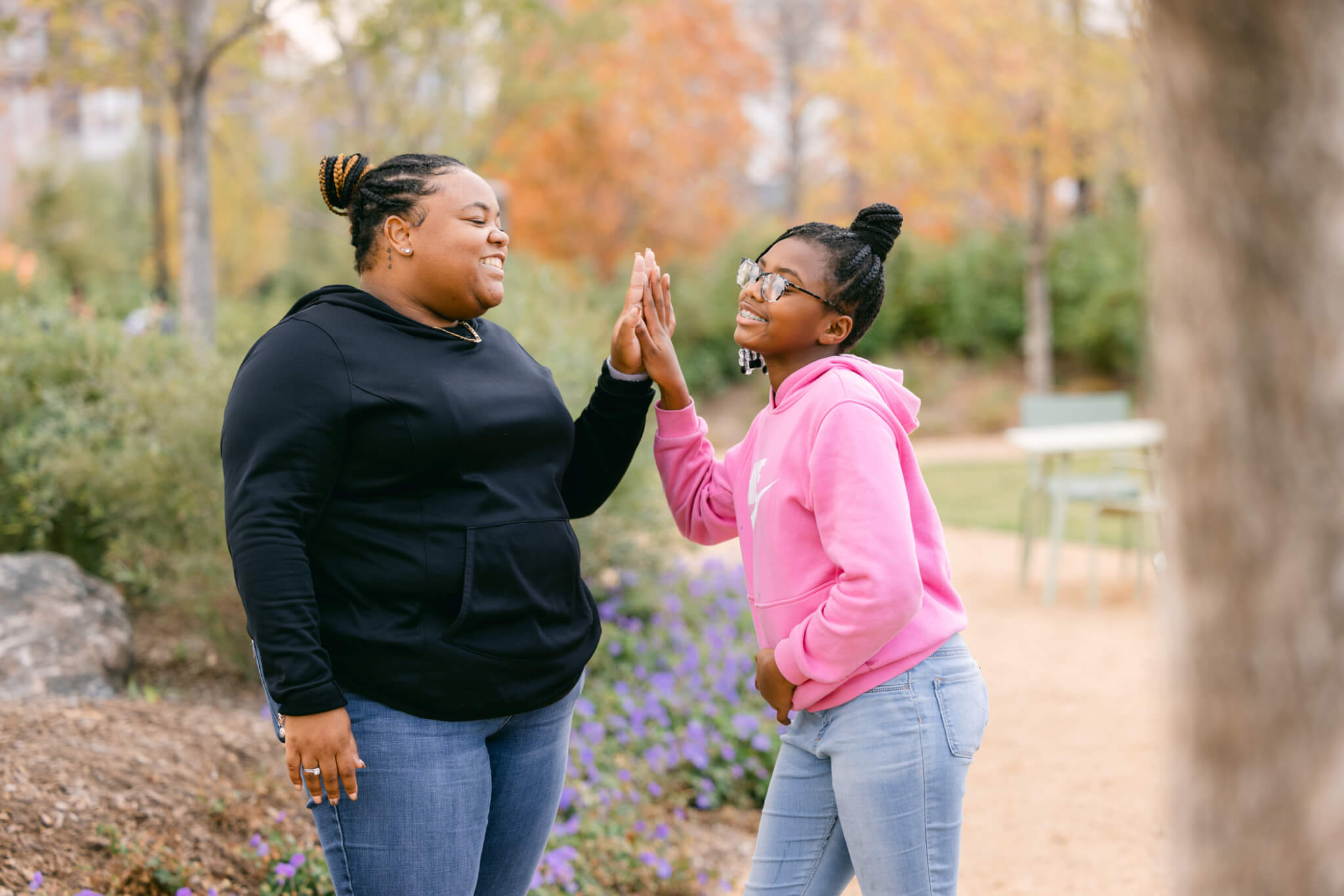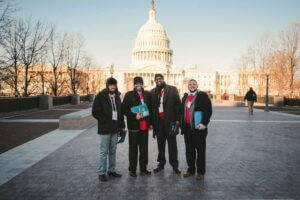The State of Mentorship Today: Read Our Report
As the youth mentoring field continues to expand, there is an increased need for research into who in our society experiences mentoring relationships and the impact these relationships have on their lives. This research can help our field understand who is most in need of mentoring in the current moment and build our understanding of how mentoring has shaped the lives of previous generations.

For the past decade MENTOR has been at the forefront of this research, with our 2014 report, ‘The Mentoring Effect’, illuminating both the societal impacts of mentorship as well as the unfortunate but significant inequitable gaps between those who do and do not experience meaningful mentoring relationships in our society. This research has propelled our efforts to close the mentoring gap throughout the last decade.
However, the world has seen tremendous change since 2014: political unrest, division, violence, as well as some of the most charged racial justice protests in our nation’s history. Not to forget a global pandemic that brought American life to a halt and severed support networks for the nation’s young people. The entirety of the fallout from the events of the last decade is still yet to be seen, but there are already clear indications about how our social dynamics have shifted.
For instance, the United States Surgeon General Dr. Vivek Murphy released a Surgeon General Advisory last year discussing the prevalence and impact of loneliness. His office went so far as to declare it an American epidemic.
“Our epidemic of loneliness and isolation has been an underappreciated public health crisis that has harmed individual and societal health. Our relationships are a source of healing and well-being hiding in plain sight – one that can help us live healthier, more fulfilled, and more productive lives,” said U.S. Surgeon General Dr. Vivek Murthy.
These findings further highlight the crisis of how insufficient connection drastically affects young people and their overall wellbeing, especially since this group is experiencing loneliness at far greater rates than other generations. The risk of developing depression is doubled among people who report feeling lonely, emphasizing that sustaining and developing meaningful relationships is critical to address the mental health crisis. Mentoring is a key piece of the solution strategy to mitigate this loneliness epidemic among our youth.
In light of Dr. Murthy’s declaration, we are especially proud to release one of our most recent reports, ‘Who Mentored You?’, with the goal of highlighting impact of mentoring across the country, as well as the need to continue identifying sections of the youth population that are in need of more concentrated mentoring efforts and meaningful relationships.
Our report takes a critical look at how mentorship is shaping the youth of today despite a troubling growth in the mentoring gap, as well as exploring how present-day adults feel their own mentorship experiences during their youth influenced their lives.
This report is particularly close to our heart and the heart of the movement, because we understand that mentoring relationships are critical not only to help young people pursue their dreams, but also to create a sense of belonging and empowerment throughout their lives.
Download Our Report to Discover the Full Impact of Mentorship


